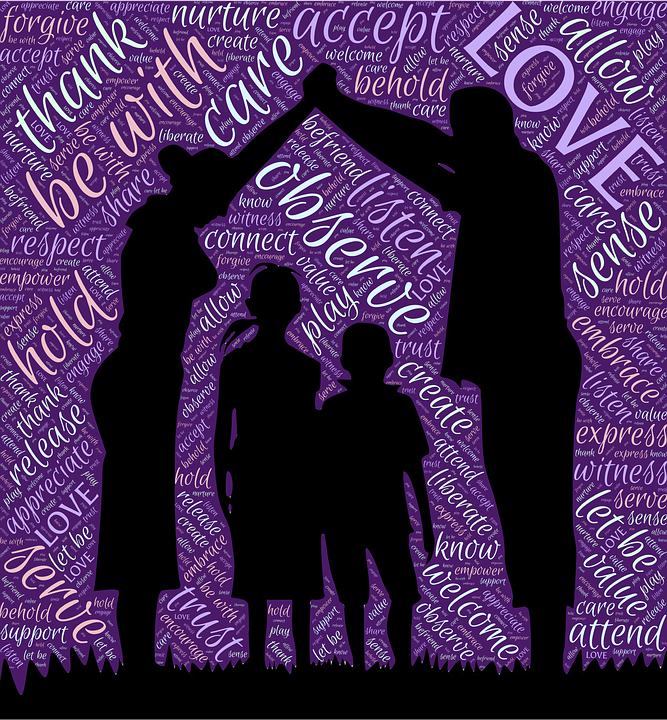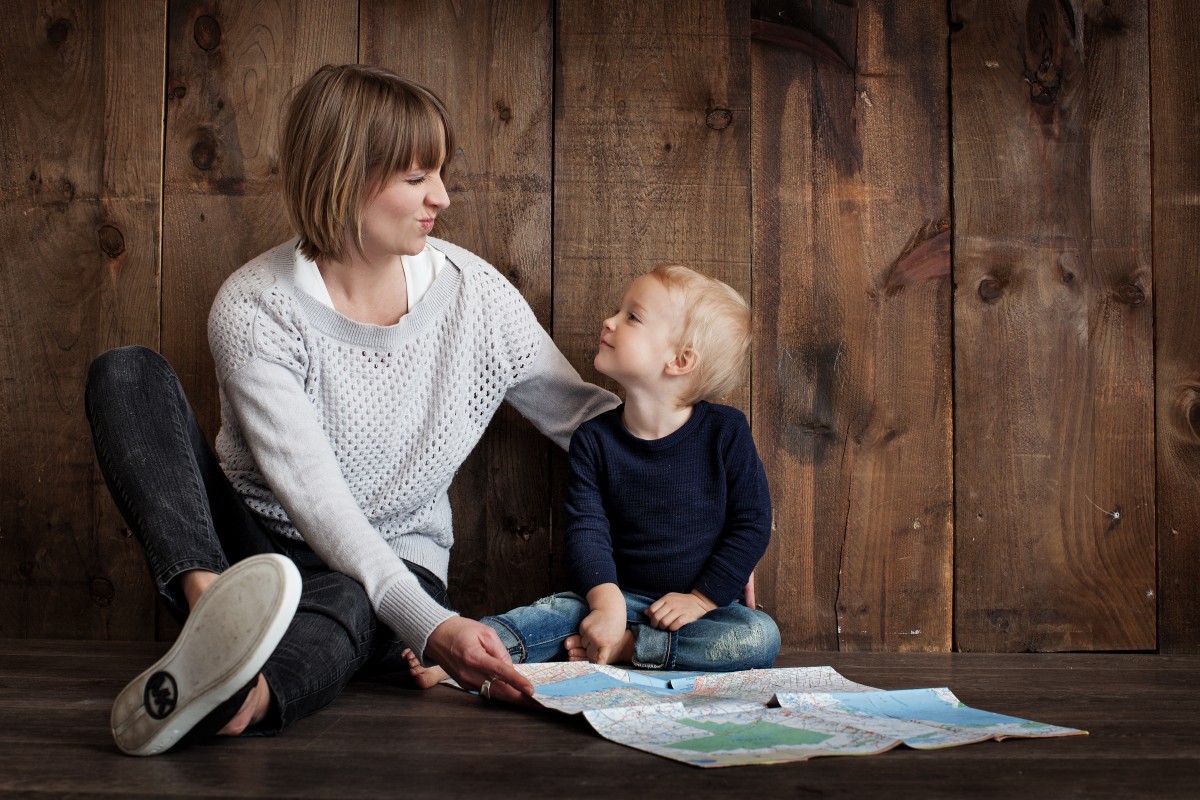
4 Ways to Protect Children From Conflict
4 Ways to Protect Children From Conflict
Experiencing small and even large conflicts from time to time within the family unit is perfectly normal. But daily life can quickly become unbearable when arguments become frequent, especially for a child.
Learn how to manage family conflicts with a few tips.
Zero stress!
Some parents underestimate the impact of an argument on their child. However, the child could then ask worrying questions about the future of his family and, in particular, about his parents, such as: “Are my parents going to divorce?”; “Do my parents not love each other anymore?”; “What will happen to me?
To avoid stressing them out:
Avoid arguing in front of them.
Monitor them and intervene if they shut down or hurt themselves (both physically and psychologically).
Good to know: Bach flowers are particularly useful elixirs for relieving hypersensitivity in teenagers.
Monitor school performance

Regularly supervising the child during his schooling will allow you to spend precious time with him, only for him, and compensate for the distance you can establish in times of crisis.
In addition, when the family unit is not doing well, the child suffers, and his or her school performance often suffers. If a student has difficulties at home, his or her grades tend to drop.
To detect discomfort in a child:
Make sure his grades don’t drop sharply. But monitoring them doesn’t mean getting on their case or expecting particularly brilliant results…!
Stay tuned to his teachers’ remarks, and don’t hesitate to ask them questions.
Prefer diplomacy
A child’s psychology is fragile. Verbal and physical violence between two people in the household can lead to anxiety, aggressiveness, or low self-esteem when it does not become more serious (anorexia, depression, etc.). An argument is never harmless.
To avoid creating trauma:
As soon as the tone rises, immediately calm the spirits and seek to reconcile both parties. If this is not possible at the moment, ask for a time of calm where the parties concerned are in two different rooms.
Avoid at all costs any form of violence, verbal or physical.
Good to know: parent/child dialogue remains one of the pillars of the family. It would help to establish a climate of trust so the child can confide in his parents without fear.
Constructive arguments

You can deal with common conflicts constructively. If a disagreement arises, show that you accept it and use it as an opportunity to set an example by handling it in an exemplary manner. Your child will learn a lot from this communicative pattern.
To manage a conflict more calmly:
Take it upon yourself: stay calm and respectful. Don’t raise your voice.
Analyze the problem out loud and list the arguments and counter-arguments.
If you are proven wrong: apologize!
Good to know: parents are not obliged to intervene systematically in case of conflict between siblings. Sometimes the dispute is settled between the children without necessarily requiring the presence of an arbitrator.
Read more:
- Is using rewards and sanctions to encourage good behavior a good idea?
- Disciplining Your Child.
- Fantastic Toddler Equipment: The Learning Sink;
- How to Potty Train Kids;
- Walking Baby: Tips for a Good Walk;
- How to Potty Train Your Baby;
- Tips on Infant Feeding;
- Benefits and Techniques of Massaging Your Baby;
- What Are the Child Awakening Stages;
- How Quickly Do Babies Pick Up Languages?
- How Do Babysitters Handle Child Care?
- 2 Steps to Manage a Child’s Anger;
- Child Punishment: Is It Ok?
- How to Deal With an Angry Child?
- How to Calm Conflicts Between Brothers and Sisters?
- 7 Smart Punishments for Your Kids;
- What Are the Penalties for Child Abuse?
Hope you like this post and those in the list above. Remember to share your experience in the comments below.
You May Also Like

Baby Language Acquisition: Speed and Signals
2023-10-27
Understanding Suicidal Ideation in Teens
2022-03-11

